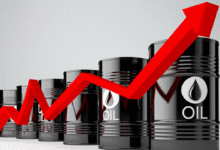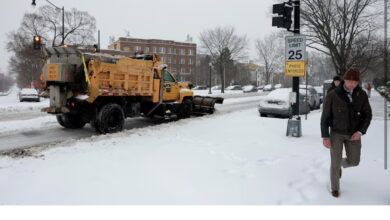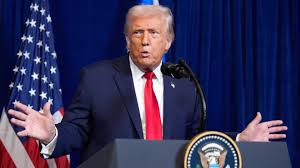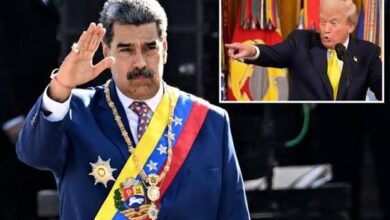Japan’s Former PM, Shinzo Abe Assassinated

Former Prime Minister Shinzo Abe, Japan’s longest-serving leader, died on Friday hours after he was shot while campaigning for a parliamentary election, shocking a country in which political violence is rare and guns are tightly controlled.
A man opened fire on Abe, 67, from behind with an apparently homemade gun as he spoke at a drab traffic island in the western city of Nara, Japanese media reported.
It was the first assassination of a sitting or former Japanese premier since the days of prewar militarism in 1936.
Doctors struggled to save Abe but he died at 5:03 p.m. (0803 GMT), about five and a half hours after being shot.
He bled to death from two deep wounds, one on the right side of his neck, a doctor told a nationally televised news conference. The former leader had no vital signs when he was brought in.
Speaking before Abe’s death was announced, Prime Minister Fumio Kishida condemned the shooting in the “strongest terms” while Japanese people and world leaders expressed shock.
“This attack is an act of brutality that happened during the elections – the very foundation of our democracy – and is absolutely unforgivable,” said Kishida, struggling to keep his emotions in check.
Police said a 41-year-old man suspected of carrying out the shooting had been arrested. NHK quoted the suspect, identified as Tetsuya Yamagami, as telling police he was dissatisfied with Abe and wanted to kill him.
Abe was making a campaign speech outside a train station when two shots rang out. Security officials were then seen tackling a man in a grey T-shirt and beige trousers.
“There was a loud bang and then smoke,” businessman Makoto Ichikawa, who was at the scene, told Reuters.
“The first shot, no one knew what was going on, but after the second shot, what looked like special police tackled him.”
TRANSFUSIONS
Earlier, Kyodo news service published a photograph of Abe lying face-up on the street by a guardrail, blood on his white shirt. People were crowded around him, one administering heart massage.
Abe received over 100 units of blood in transfusions over four hours as he haemorrhaged from a wound in the heart, said Hidetada Fukushima, the professor in charge of emergency medicine at Nara Medical University Hospital. He arrived at the hospital in cardiopulmonary arrest and was never revived.
Airo Hino, political science professor at Waseda University, said such a shooting was unprecedented in Japan. “There has never been anything like this,” he said.
Senior Japanese politicians are accompanied by armed security agents but often get close to the public, especially during political campaigns when they make roadside speeches and shake hands with passersby.
In 2007, the mayor of Nagasaki was shot and killed by a yakuza gangster. The head of the Japan Socialist Party was assassinated during a speech in 1960 by a right-wing youth with a samurai short sword. A few other prominent postwar politicians were attacked but not injured.
Police said the suspected shooter was a resident of Nara. Media said he had served in Japan’s military for three years until 2005. Defence Minister Kishi declined to comment on that.
Abe served two terms as prime minister, stepping down in 2020 citing ill health. But he remained a dominant presence over the ruling Liberal Democratic Party (LDP), controlling one of its major factions.(Reuters)






